When it comes to designing or renovating a bathroom, choosing the right materials for the shower is crucial. As the shower area is constantly exposed to water and humidity, it’s essential to select a tile that is both durable and aesthetically pleasing. Ceramic and porcelain tiles are two popular options, each offering distinct advantages. In this article, we will explore the differences between ceramic and porcelain tiles and help you make an informed decision for your shower project. 1. Material Composition: Ceramic tiles are made from a mixture of clay and other natural materials, while porcelain tiles are composed of fine-particle clay fired at a higher temperature. The firing process makes porcelain tiles denser and less porous than ceramic tiles. As a result, porcelain tiles are generally considered more water-resistant and durable in a shower environment.
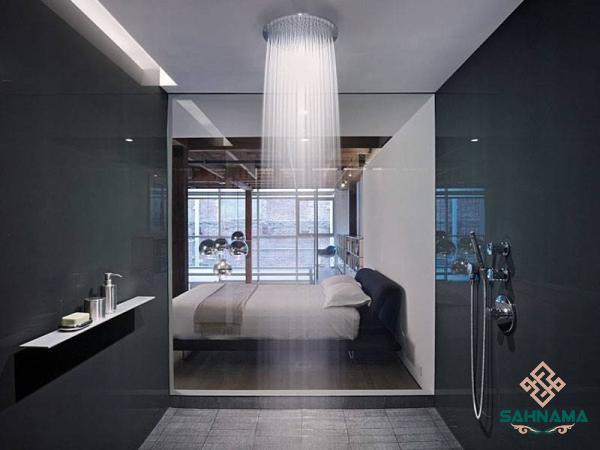
.
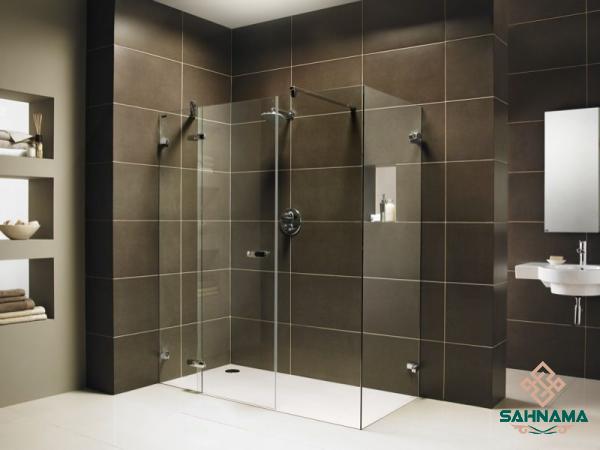 2. Water Absorption: Porcelain tiles have a very low water absorption rate, typically less than 0.5%. This makes them highly resistant to water damage, such as cracking, warping, or mold growth. On the other hand, ceramic tiles have a slightly higher water absorption rate, usually ranging between 3% to 7%, making them more prone to damage over time. However, with proper installation and regular maintenance, ceramic tiles can still perform well in a shower. 3. Durability and Longevity: Due to their composition and density, porcelain tiles are more durable and long-lasting than ceramic tiles. They are less likely to chip or scratch, making them an excellent choice for high-traffic areas like showers. The strong nature of porcelain also means that it can withstand heavy loads without cracking. In contrast, ceramic tiles are more susceptible to damage, particularly if heavy objects are dropped on them.
2. Water Absorption: Porcelain tiles have a very low water absorption rate, typically less than 0.5%. This makes them highly resistant to water damage, such as cracking, warping, or mold growth. On the other hand, ceramic tiles have a slightly higher water absorption rate, usually ranging between 3% to 7%, making them more prone to damage over time. However, with proper installation and regular maintenance, ceramic tiles can still perform well in a shower. 3. Durability and Longevity: Due to their composition and density, porcelain tiles are more durable and long-lasting than ceramic tiles. They are less likely to chip or scratch, making them an excellent choice for high-traffic areas like showers. The strong nature of porcelain also means that it can withstand heavy loads without cracking. In contrast, ceramic tiles are more susceptible to damage, particularly if heavy objects are dropped on them.
..
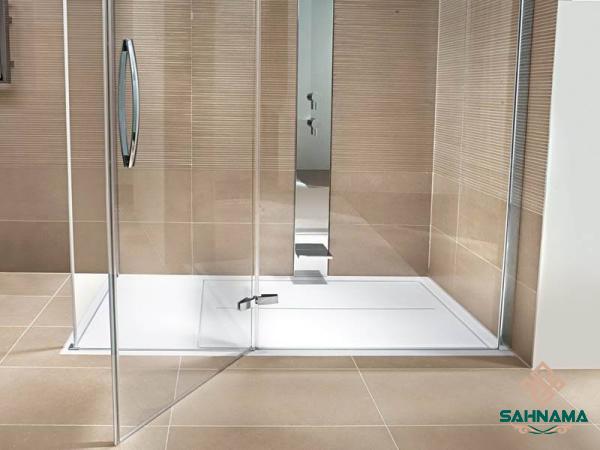 4. Aesthetic Appeal: Both ceramic and porcelain tiles come in a wide range of colors, patterns, and finishes, allowing you to achieve the desired look for your shower. Ceramic tiles offer more design options, including vibrant colors and intricate designs. On the other hand, porcelain tiles often mimic the look of natural stone or wood, creating a more luxurious and elegant appearance. 5. Maintenance and Cleaning: Porcelain tiles require minimal maintenance due to their low water absorption. They are easy to clean and resistant to staining, making them a practical choice for busy households. Ceramic tiles, although slightly more prone to staining, can be cleaned with regular tile cleaners. Both types of tiles will benefit from regular sealing to further enhance their longevity and resistance to water damage.
4. Aesthetic Appeal: Both ceramic and porcelain tiles come in a wide range of colors, patterns, and finishes, allowing you to achieve the desired look for your shower. Ceramic tiles offer more design options, including vibrant colors and intricate designs. On the other hand, porcelain tiles often mimic the look of natural stone or wood, creating a more luxurious and elegant appearance. 5. Maintenance and Cleaning: Porcelain tiles require minimal maintenance due to their low water absorption. They are easy to clean and resistant to staining, making them a practical choice for busy households. Ceramic tiles, although slightly more prone to staining, can be cleaned with regular tile cleaners. Both types of tiles will benefit from regular sealing to further enhance their longevity and resistance to water damage.
…
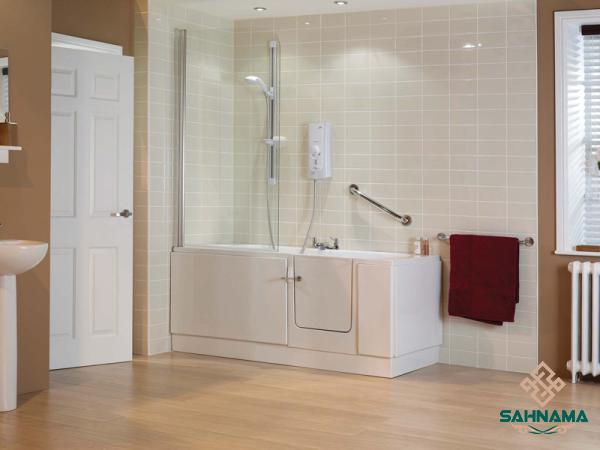 Conclusion: Choosing between ceramic and porcelain tiles for your shower requires careful consideration of factors such as water resistance, durability, aesthetics, and maintenance requirements. Porcelain tiles are generally the preferred choice for their superior water resistance and durability. However, ceramic tiles can still be a suitable option with proper installation and maintenance. Ultimately, the decision comes down to personal preference, budget, and the desired look for your shower. Regardless of the choice, investing in high-quality tiles and professional installation will ensure a beautiful and functional shower for years to come.
Conclusion: Choosing between ceramic and porcelain tiles for your shower requires careful consideration of factors such as water resistance, durability, aesthetics, and maintenance requirements. Porcelain tiles are generally the preferred choice for their superior water resistance and durability. However, ceramic tiles can still be a suitable option with proper installation and maintenance. Ultimately, the decision comes down to personal preference, budget, and the desired look for your shower. Regardless of the choice, investing in high-quality tiles and professional installation will ensure a beautiful and functional shower for years to come.

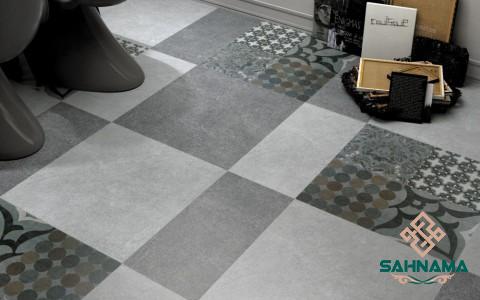

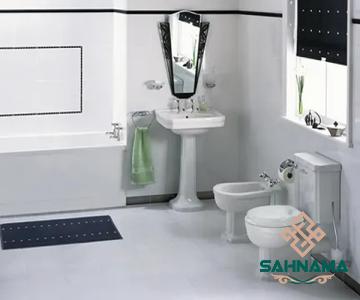
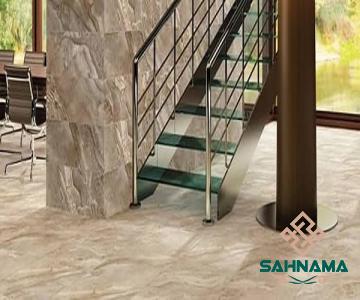
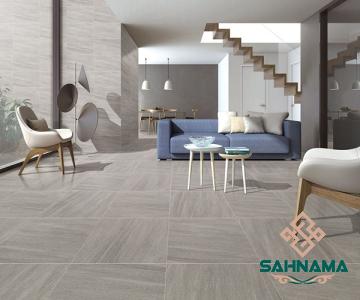
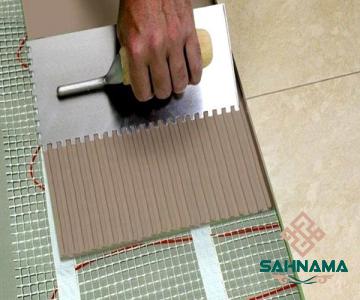

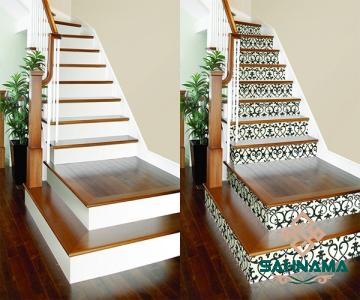
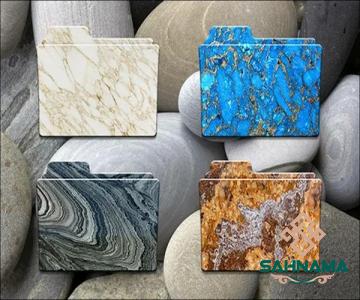
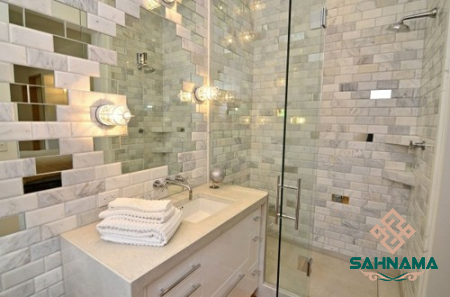
Your comment submitted.